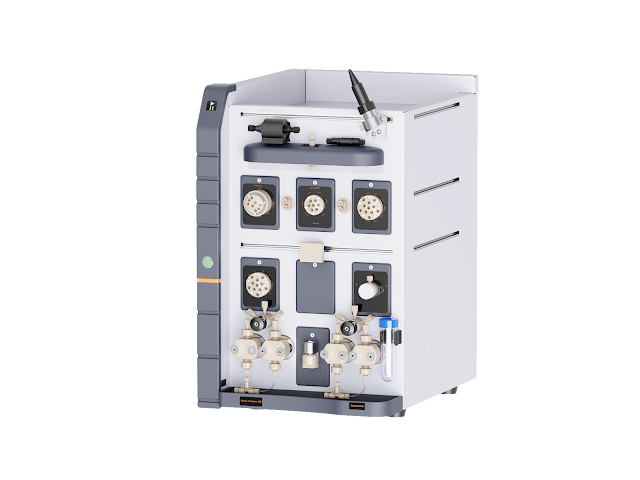Fast Protein Liquid Chromatography: Streamlining Separation

Fast Protein Liquid Chromatography (FPLC) represents a significant advancement in liquid chromatography techniques. FPLC is a method used to purify proteins and other biomolecules from complex mixtures with high resolution and speed. The primary principle behind FPLC is similar to other chromatographic techniques, where molecules are separated based on their interactions with a stationary phase and a mobile phase. However, FPLC is specifically optimized for the purification of proteins, offering researchers a quick and efficient method to obtain pure protein samples.
One of the key advantages of Chromatography is its ability to separate molecules based on specific properties such as size, charge, and affinity. In the context of protein purification, FPLC utilizes different types of chromatographic columns packed with various stationary phases to achieve high-resolution separation. The mobile phase, typically a buffer solution, carries the protein sample through the column, while the stationary phase interacts with the proteins based on their individual characteristics. As the sample passes through the column, proteins are eluted at different times, allowing for their isolation and collection in pure form.

FPLC systems are equipped with sophisticated detectors that monitor the elution of proteins in real-time, enabling precise control over the purification process. This level of control is crucial for applications requiring high-purity protein samples, such as structural studies, functional assays, and therapeutic protein production.
The versatility of FPLC extends beyond protein purification. With the advent of advanced techniques and DNA Synthesizers, FPLC has also been adapted for nucleic acid purification, particularly in oligonucleotide synthesis. Oligonucleotides, short DNA or RNA sequences, are essential tools in molecular biology, genetics, and medical research. The integration of FPLC with DNA Synthesizers allows for the rapid and efficient purification of synthetic oligonucleotides, streamlining the process of DNA synthesis and enabling researchers to obtain high-quality oligonucleotide products with ease.
In conclusion, Fast Protein Liquid Chromatography is a powerful tool that has revolutionized the field of biomolecule purification. Its speed, efficiency, and versatility make it an indispensable technique for researchers working in protein science, molecular biology, and beyond. Whether you are purifying proteins for structural studies or synthesizing oligonucleotides for genetic research, FPLC provides a reliable and efficient solution for your purification needs.
.jpg)

Comments
Post a Comment